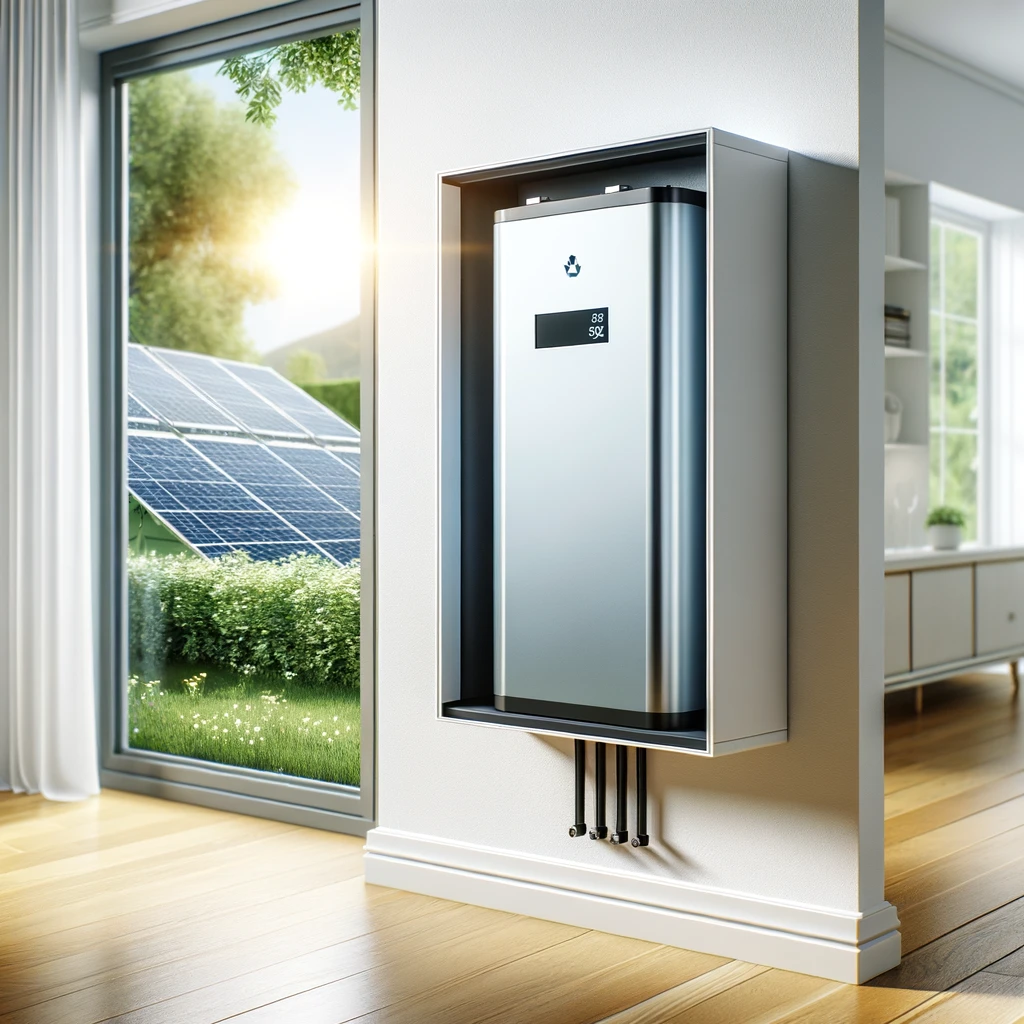How to Store Solar Energy: A Specialist’s Guide
Harnessing solar energy is a brilliant way to reduce your carbon footprint and embrace renewable energy. However, the key to truly maximizing the benefits of solar power lies in effective storage solutions. Here, we delve into the best practices for storing solar energy, ensuring you can enjoy the sun’s power even after it sets.
Understanding Solar Energy Storage
The Basics of Solar Energy Collection
Before diving into storage, it’s crucial to understand how solar energy is captured. Solar panels convert sunlight into electricity, but without proper storage, this energy can only be used immediately. To harness solar energy efficiently, one must capture excess power for later use.
Why Storage is Essential
Storage is vital for maintaining a consistent energy supply, especially during nights or cloudy days. It’s not just about having power when the sun isn’t shining; it’s also about energy independence and reducing reliance on the grid.
Solar Energy Storage Options
Battery Storage Systems
The most common and effective way to store solar energy is using battery storage systems. These systems store excess energy generated during the day for use at night or during low production periods.
Types of Solar Batteries
There are several types of batteries, including lead-acid, lithium-ion, and saltwater. Each has its pros and cons regarding efficiency, lifespan, and environmental impact. Lithium-ion batteries, for instance, are known for their high efficiency and long lifespan.
Understanding Battery Capacity and Power Ratings
When selecting a battery, consider both its capacity (how much energy it can store) and its power rating (how much energy it can deliver at a time). A higher capacity battery can store more energy, while a higher power rating means more energy can be used at once.
Integrating Storage with Solar Panels
System Configuration
Integrating storage into your solar panel system requires careful consideration of your energy needs and the system’s configuration. You can opt for a DC-coupled system, where batteries are charged directly from the solar panels, or an AC-coupled system, which involves converting solar energy to AC power before storage.
Monitoring and Management
Advanced storage systems come with monitoring tools that allow you to track energy production and usage. Effective management of your stored energy can maximize the system’s efficiency and lifespan.
The Future of Solar Energy Storage
Innovations in Technology
The future of solar energy storage is bright, with ongoing research and development in battery technology and other storage methods, like thermal storage or gravity storage systems. These innovations promise even more efficient and sustainable ways to store solar energy.
Embracing a Sustainable Lifestyle
Adopting solar energy storage is more than just a technical upgrade; it’s a step towards a more sustainable, self-sufficient lifestyle. By effectively storing solar energy, you contribute to a greener planet and a more sustainable future.

Catherine is the Written Content Manager at SolarReviews, where she has spent the last five years doing research and reporting on the solar sector. She manages a dynamic team that creates educational and interesting information about residential solar to assist homeowners in making educated decisions about investing in solar panels.


Leave a Reply